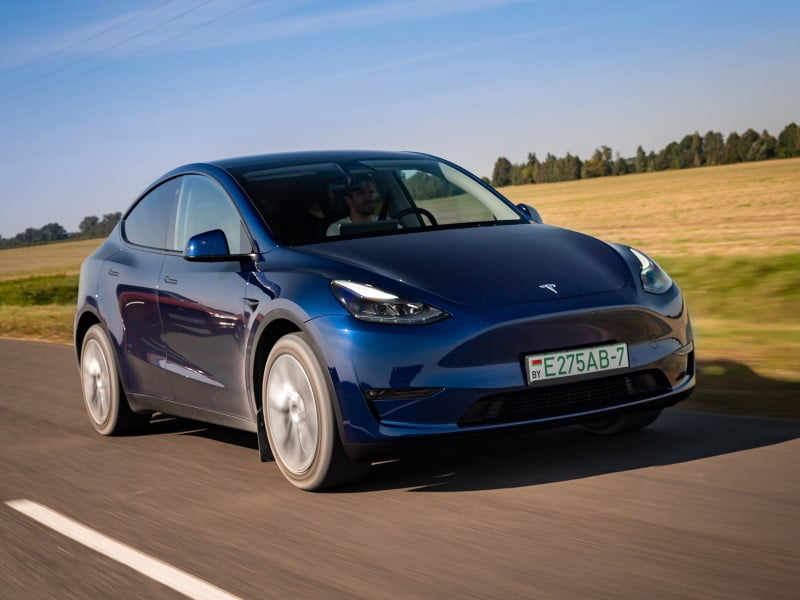Cheap lithium-iron-phosphate batteries used in most Chinese-manufactured electric vehicles may not be well suited to Australia’s transport needs due to their lower energy density, according to a new report.
The Office of Australia’s Chief Economist made the observation in its latest Resources and Energy Quarterly report on Monday, following the rapid growth in the market share of lithium-iron-phosphate batteries (LFP) — from 7 per cent to 30 per cent — since 2017.
“The biggest change in global battery use over the past five years has been the rise in the LFP global share… Around 95 per cent of the LFP batteries for EVs were used in China for locally produced vehicles,” the report said.
While LFP batteries are cheaper per unit of energy capacity than lithium-ion nickel-manganese-cobalt (NMC) and nickel-cobalt-aluminium (NCA) batteries, “EVs using this technology have a smaller range than some alternatives”.
The report said this is “much less of an issue” in China’s “compact city design[s]”, but that this “contrasts with the sparsely populated cities of Australia and the US”.
Globaly, NMC batteries still make up around 60 per cent of the lithium-ion battery market share, with all but 3 per cent of EV batteries in the United States and Canada NMC, but interest and investment in LFP is also growing in the United States.
Tesla’s embrace of LFP batteries meant that almost half of the vehicles it manufactured in the first quarter of 2022. The EV with the most sales in Australia this year is the Tesla Model Y, whose base model comes fitted with a LFP battery.

The Office of the Chief Economist also said that sodium ion batteries, which could be 20 per cent cheaper than LFP batteries, currently have an even lower energy density.
However, the report notes that they are “safer and perform better over a wider range of temperatures” making them suited for the stationary storage sector “in the first instance”. It also highlighted that the “latest research suggests the technology also has potential for EV applications”.
The report states that there is “no evidence that lithium-ion batteries will be replaced in the foreseeable future. No alternative technology is currently being manufactured at the scale needed to meet projected global demand”.
Emerging alternatives highlighted in the report are graphene aluminium-ion batteries, liquid metal batteries and redox flow batteries for stationary energy storage.
According to the quarterly report, the value of critical minerals and base metals exports is estimated to reach a record of $46 billion in financial year 2022-23 but is expected to fall over the next two financial years as export prices fall, despite higher export volumes.
In particular, while global lithium demand is expected to grow from 814 kilotonnes to 1,350 kilotonnes between 2022 and 2025, lithium ore prices are forecast to decline from an estimated US$4,357 per tonne in 2023 to US$2,149 per tonne in 2025.
The value of lithium hydroxide is also expected to fall, from US$46,746 to US$30,357 over the same period.
The fall in prices will be driven by supply growing faster than demand, as other countries ramp up their production.
Australia is currently the worlds largest producer of lithium, responsible for more than half of global output. However, based on current investment commitments, Australia is only expected to hold 6.2 per cent of the global market share for lithium refining capacity by 2025.
Australia is also the world’s third largest producer of cobalt and graphite, and the fifth largest producer of nickel.







